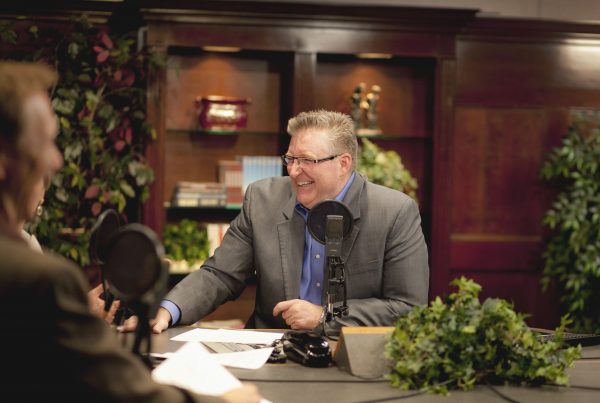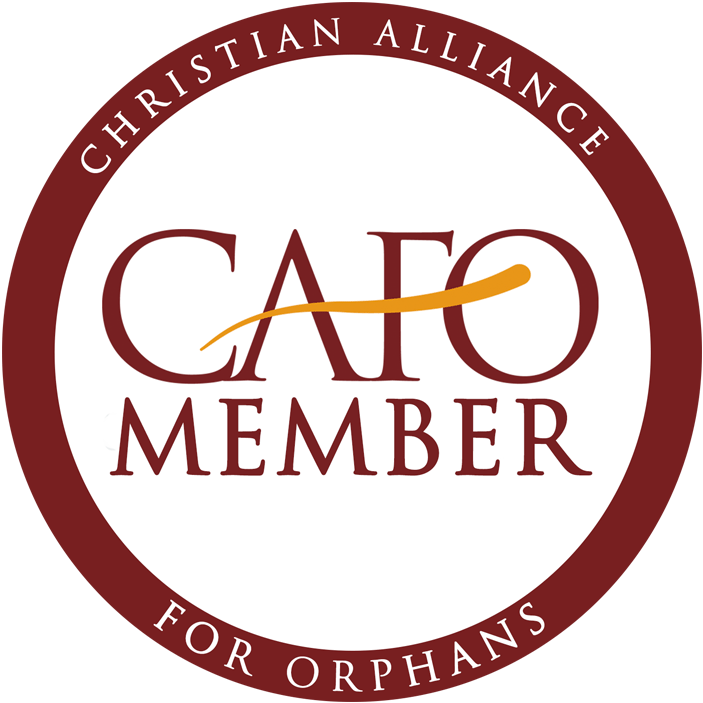
HERE ARE 3 TAKEAWAYS FROM TODAY’S CONVERSATION:
1. God has loved and calls us to love those on the margins.
Because of the vertical love we have received from God himself, we can and are called to love horizontally. We have a responsibility as ambassadors of Christ to love those He loves, including those in crises. Foster care and adoption come out of that desire to love, whether that’s shorter-term until a family can be restored or by providing a permanent home for a child whose family is unable to get out of that crisis. In either case, God calls us to care for those who might otherwise be overlooked.
“God’s people are especially equipped and poised to help those on the margins, and foster care is one of the ways we can do that.”
2. The church can help families move toward healing by offering community.
We don’t have the ability to bring restoration in and of ourselves. As much as we want families to move out of a place of crisis, we aren’t ultimately in control of that. But, we do have a role to play, and that is in bringing community to families. The church knows love and grace in a way that the world does not. Beyond the financial poverty that exists, those in crisis often lack healthy, supportive relationships. The church has the opportunity to be a web of support for families when they have no one else to turn to. The church should be a place that offers grace and mercy and points people toward the Great Healer.
“Your goal isn’t to see how successful you can be in making sure all of the bio families you interact with get better. The idea is that you would be a space for the love, and grace, and goodness of God in their lives.”
3. The gospel reorients our perspective of brokenness and offers hope.
The goal of foster care is that families would move out of crisis and be able to reunite. When we are able to part of someone’s story of repentance and see them turn away from sinful habits, we should celebrate big. As the church, we shouldn’t desire that people fail. We are to be hopeful and diligent in our prayer and eager to see God work miracles, of which we know firsthand he can do because of the work he’s done in us. That’s not to say that we don’t push forward and lean into addressing the brokenness, but the gospel reorients our perspective to want to help families in crisis confess sin and start the process of repair, believing that it is indeed possible.
“Repentance—and redemption—is possible. It’s possible for us, so it should certainly be possible for those we interact with through foster care.”
RESOURCES FROM TODAY’S SHOW

Meet Our Guest
Get encouragement and updates in your inbox.
Be the first to know about new episodes, posts, resources, and stay in the loop about what’s coming up.
Other Episodes You Might Enjoy:









